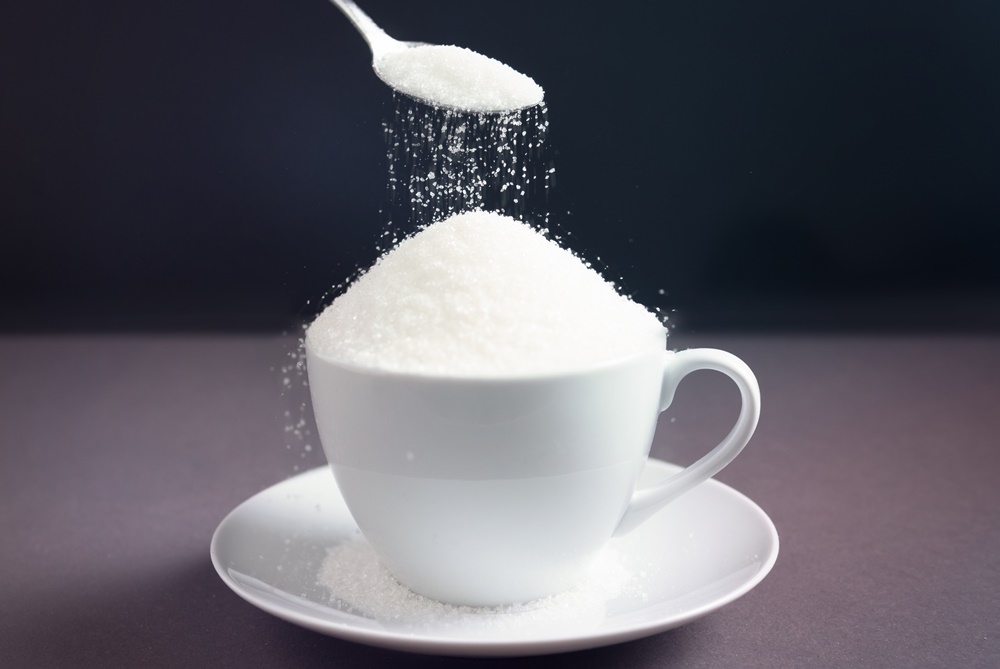Growing concern for health and well-being has led consumers to focus on one of the biggest villains of modern food: the sugar content in products.
Found in drinks, sweets, and even seemingly harmless processed food, excessive sugar consumption is associated with a range of health problems, including obesity, diabetes, and cardiovascular disease.
Given this scenario, reducing the sugar content in food products has become a priority for both manufacturers and regulatory agencies.
But how can one reduce sugar without harming the flavor and consistency of food? That’s what we will find out throughout this article!
Reducing Sugar Content in Food is a Real Need
Reducing the sugar content in food products is a measure that manufacturers have been adopting in recent years to promote the good health of consumers.
With the growing public awareness of the negative effects of sugar consumption constantly and/or in high doses, the demand for healthier options grows year by year.
An effective strategy for sugar reduction is the inclusion of fibers in products. Not only do they improve the nutritional profile of food, but they also reduce the need for sugar by up to 50%, without compromising taste or texture.
By reformulating products to contain less sugar and more fibers, the food industry can better meet consumers’ health needs while simultaneously responding to market trends that value healthier eating.
READ MORE: Soluble Fiber and Apple Powder: A Good Combination
Fibers: An Option to Reduce the Sugar Content of Food Products
Fibers play a key role in the reformulation of food products, especially when it comes to reducing sugar content. Without a glycemic index, this ingredient becomes an excellent alternative to maintain the health of consumers.
In addition to improving the nutritional profile of food, fibers help control the absorption of sugars and fats, promoting slower digestion and a prolonged feeling of fullness.
In baking, fibers replace sugar effectively, providing consistency and structure to bread and cakes. They also help achieve the golden coloration typical of these products, which previously depended on the caramelization of sugar during cooking.
By adding fibers, one can maintain the desired look and texture without the negative effects associated with high sugar consumption. In this way, the manufacturers can offer healthier products, without compromising the quality and satisfaction of consumers.
ALSO READ: Natural Sweetener: An Option that Replaces Sugar
Opt for Fibers and Reduce the Sugar Content of Your Products
The inclusion of fibers in food products has numerous benefits both for the health of consumers and for the quality of goods.
Besides soluble fibers for use in food production, Frootiva® Co offers a wide variety of fruit powders. Both inputs can be used in the manufacture of beverages, cereal bars, cakes, bread, and many other products, making them healthier for consumers.
Soluble fibers and fruit powders marketed by Frootiva® Co are inputs that meet Anvisa’s requirements for food with lower added sugar content.
The company operates in the production, development, commercialization, and export of natural ingredients made from plants and fruits present in Brazil. Frootiva® Co’s product lines are also comprised of dry extracts and dehydrated vegetable powders.
To learn more about all dehydrated fruit powders, in addition to other products created and marketed by Frootiva® Co, contact us by phone at 55 11 4765-0732 or fill out the form.


0 Comments